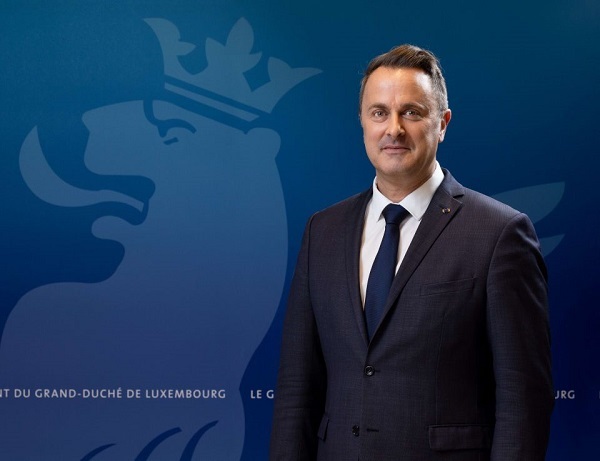 Xavier Bettel, Luxembourg's Deputy Prime Minister, Minister for Foreign Affairs and Foreign Trade;
Credit: © SIP / Claude Piscitelli
Xavier Bettel, Luxembourg's Deputy Prime Minister, Minister for Foreign Affairs and Foreign Trade;
Credit: © SIP / Claude Piscitelli
Luxembourg's Deputy Prime Minister and Minister for Foreign Affairs and Foreign Trade, Xavier Bettel, participated in the meeting of the EU Foreign Affairs Council (FAC) in Brussels, Belgium, on Monday 16 December 2024.
As reported by Luxembourg's Ministry of Foreign and European Affairs, Defence, Development Cooperation and Foreign Trade, the agenda included in-depth discussions on the latest developments in Ukraine, Georgia and the Middle East, including Syria. Ahead of the FAC, Minister Bettel participated in a working breakfast, chaired by the new High Representative of the EU for Foreign Affairs and Security Policy, Kaja Kallas, on the working methods of future FAC meetings.
During the discussion on Russian aggression against Ukraine, EU ministers were first briefed on the latest developments on the ground by their Ukrainian counterpart, Andriy Sybiha. In his intervention, Minister Bettel then reiterated the importance for the EU to continue its support for the Ukrainian economy, army and society. Military support, which allows Ukraine to defend itself against illegal aggression on the ground, remains essential. In this context, Luxembourg deplored the continued blocking, "by a single Member State" (i.e. Hungary), of seven Council decisions that would allow for an increase in EU military support to Ukraine.
EU Foreign Ministers then discussed the latest developments in Georgia. Minister Bettel deplored current developments in Georgia, particularly the violent repression by Georgian law enforcement officers against peaceful demonstrators. In this context, he expressed his full solidarity with the Georgian population, particularly its youth, who are fighting to bring about reforms that will allow Georgia to move forward with its EU accession process.
The situation in the Middle East, including Gaza and Syria, was also on the agenda. Minister Bettel stressed the need for a peaceful political transition in Syria, in the spirit of UN Security Council Resolution 2254, in compliance with international law and protecting civilian populations.








